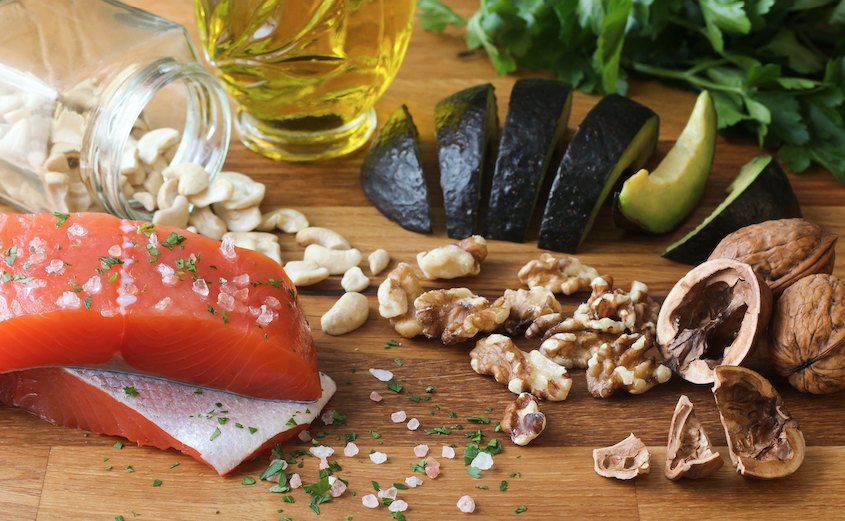Foods That Influence Cardiovascular Health
September 5 2017Being informed about how to work out a healthy and nutritious eating plan is very beneficial in maintaining a healthy heart. A few small changes and a new approach can have a significant impact on your well-being. Below are foods that can influence cardiovascular health:
Salt
Salt can affect blood pressure. It helps to have no more than 6mg (one teaspoon) of salt each day.
Phytoestrogen foods
Eating foods that contain phytoestrogen may help prevent cardiovascular disease. Phytoestrogen foods include:
- Soy products (soy milk, soy sauce, tempeh, and tofu)
- Grains (oats, rice, barley, and quinoa)
- Seeds and nuts (flaxseed, sesame seeds, pistachios, and almonds)
- Legumes (chickpeas, lentils, and red kidney beans)
Omega-3 fatty acids
Omega-3 is a type of essential fatty acid and plays a vital role in brain function, growth and development. Research suggests omega-3 fatty acids may help to lower the risk of heart disease and may reduce blood pressure. Omega-3 can be found in:
- Fish (salmon, mackerel, herring, lake trout, sardines, and tuna)
- Flaxseed oil
It helps to eat fish twice a week to maintain omega-3.
Vitamin D
Vitamin D has many roles in the body including cell growth, maintaining a healthy immune system and regulating the nervous system. It is not surprising then that some research has suggested that low vitamin D increases our risk of developing heart disease. There are a number of ways to increase vitamin D levels. Your doctor can tell you if you need to take a supplement of vitamin D if your blood levels are found to be low.
If you like more information about nutrition and cardiovascular health, call to schedule an appointment with one of our medical professionals at 03 5229 5192 (Myers Street Family Medical Practice) or 03 5241 6129 (The Cottage Medical Centre). Our team is always happy to point you in the right direction to achieve better health.

